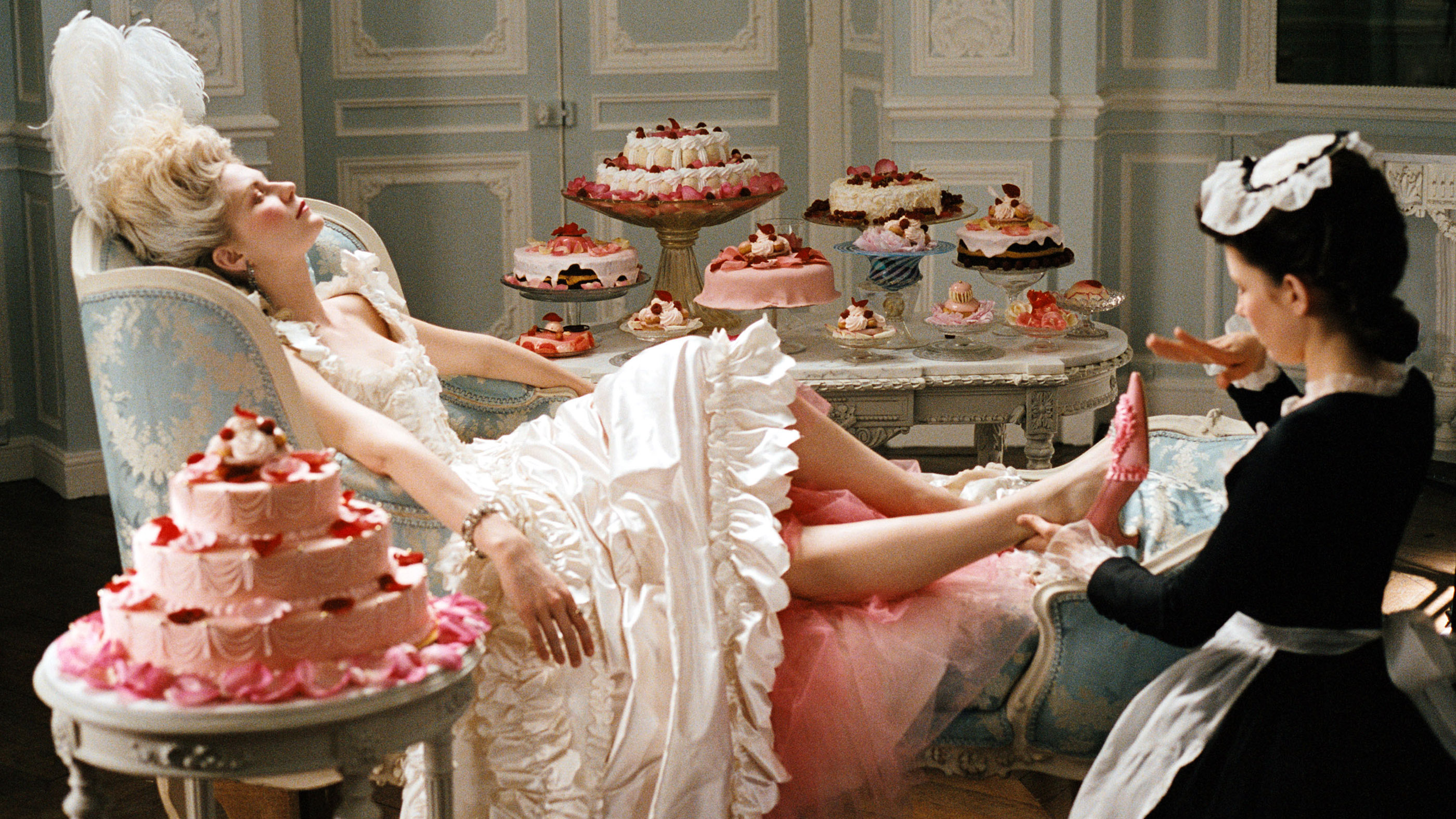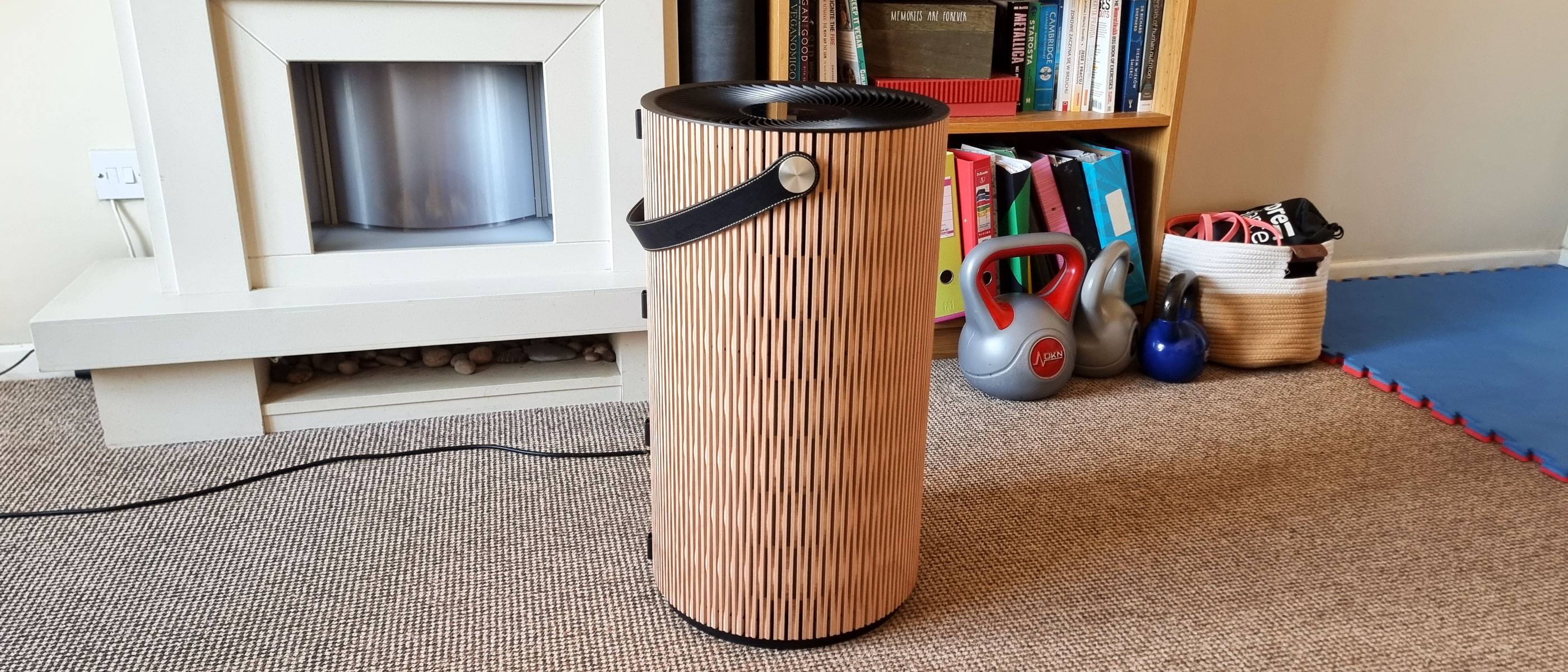Did Marie Antoinette really say 'Let them eat cake'?
No, it was part of a concerted and sexist effort by revolutionaries to undermine the queen.

Get the world’s most fascinating discoveries delivered straight to your inbox.
You are now subscribed
Your newsletter sign-up was successful
Want to add more newsletters?

Delivered Daily
Daily Newsletter
Sign up for the latest discoveries, groundbreaking research and fascinating breakthroughs that impact you and the wider world direct to your inbox.

Once a week
Life's Little Mysteries
Feed your curiosity with an exclusive mystery every week, solved with science and delivered direct to your inbox before it's seen anywhere else.

Once a week
How It Works
Sign up to our free science & technology newsletter for your weekly fix of fascinating articles, quick quizzes, amazing images, and more

Delivered daily
Space.com Newsletter
Breaking space news, the latest updates on rocket launches, skywatching events and more!

Once a month
Watch This Space
Sign up to our monthly entertainment newsletter to keep up with all our coverage of the latest sci-fi and space movies, tv shows, games and books.

Once a week
Night Sky This Week
Discover this week's must-see night sky events, moon phases, and stunning astrophotos. Sign up for our skywatching newsletter and explore the universe with us!
Join the club
Get full access to premium articles, exclusive features and a growing list of member rewards.
Did Marie Antoinette really utter the infamous words, "Let them eat cake"?
The quick answer to this question is a simple "no." Marie Antoinette, the last pre-revolutionary queen of France, did not say "Let them eat cake" when confronted with news that Parisian peasants were so desperately poor they couldn't afford bread. The better question, perhaps, is: Why do we think she said it?
For background, the quote has been slightly exaggerated in its translation from French to English. Originally, Marie Antoinette was alleged to have said, "Qu'ils mangent de la brioche," or "Let them eat brioche." While this sweetened bread is more expensive than an average baguette, it isn't exactly the icing-laden, multi-tiered gateaux you might have imagined the queen had in mind. That said, this hyperbolic translation doesn't change the point, at least from a propagandist standpoint; it still suggests that the French queen was arrogant and out-of-touch with the working class. With callous aristocrats like this in charge, things will never improve for the average French citizen. Vive la révolution!
Related: How many French revolutions were there?
But the "brioche" quote is problematic, too, because there's no reliable evidence that the queen ever said it. "Marie Antoinette never uttered these words or anything else along these lines," said Denise Maior-Barron, an adjunct professor at Claremont Graduate University in California, whose research examines contemporary portrayals of Marie Antoinette's character. "As for Louis, he is present in all the films that feature Marie Antoinette, but depicted as a meek, pathetic consort. Another gross misrepresentation indeed."
France has endured no shortage of revolutions. The first, in 1789, ended very badly for Marie Antoinette and her husband, Louis XVI. The following century then saw the country flip flop between monarchies and republics, with each side fighting a propaganda war in addition to armed skirmishes. It was during one of these later revolutions, long after Marie Antoinette's execution, that the misquote first came to pass.
"It did not come to be misattributed to Marie Antoinette during the 18th century, but during the Third French Republic starting in 1870, when a careful program of reconstructing the historical past took place," Maior-Barron told Live Science.
Get the world’s most fascinating discoveries delivered straight to your inbox.
In the 1870s, the republicans, who successfully dethroned Napoléon III after he conclusively lost a war against Prussia, were building on a longstanding campaign to undermine Marie Antoinette's legacy and reputation. "The masterminds of the French Revolution destroyed the French monarchy by continually attacking, and eventually destroying, its most important symbols: the king and the queen of France," Maior-Barron said. "For this reason the 'Let them eat cake' type of clichés persist."
This century-long effort to tarnish Marie Antoinette wasn't just about securing the republican cause, however; it was also tinged with sexism — after all, her reputation seems to have taken far more of a beating than that her husband, who was actually in charge of France.
"The French Revolution tried to exclude women from political power," said Robert Gildea, a professor of modern history at the University of Oxford in the United Kingdom.
While women were far from liberated when Louis XVI was on the throne, it was theoretically possible for the wives and mistresses of kings or other important officials to hold power — albeit unofficially. The revolutionaries, however, sought to further disenfranchise women from the national conversation. Marie Antoinette wasn't the only woman to lose her head during France's first transition to a republic. "Olympe de Gouges, who wrote the 'Declaration of the Rights of Women and of the Female Citizen,' was also guillotined," Gildea told Live Science.
Related: Why does the letter 'S' look like an 'F' in old manuscripts?
In the preamble to the French Revolution, Marie Antoinette was accused of wielding too much power over her husband, Gildea explained. In light of this, it's easy to see how propagandists were motivated to engage in a character assassination of Marie Antoinette, and the rumor mill surrounding her name certainly flourished around the time of the first revolution while she was still alive. "She was accused of having male and female lovers and even of an incestuous relationship with her son," Gildea said.
In fact, the "brioche" quote wasn't even original, and even had a history of being used against noble women. The philosopher and writer, Jean-Jacques Rousseau, whose work later influenced the revolution, may have been the first person to pen the phrase in 1767. "'Let them eat brioche' is initially found in one of Jean-Jacques Rousseau's novels, in which he attributed this line to one of his fictitious characters belonging to the 18th-century French aristocracy," Maior-Barron said.
In Marie Antoinette's case, however, the queen's slanderers may have been motivated by more than just pure sexism — she also presented a very real threat to the republicans. Marie Antoinette was born into the powerful Habsburg Austrian royal family before she married Louis. When the armed insurrections against the French crown began to pick up steam, she wrote to her brothers back home to try and get them to invade France and save the monarchy. "When these powers did invade France, Marie Antoinette was seen as a traitor," Gildea said.
In the end, the Habsburgs failed to stop the revolution, Marie Antoinette was decapitated and the victors were left to write the history books.
Originally published on Live Science.

Benjamin is a freelance science journalist with nearly a decade of experience, based in Australia. His writing has featured in Live Science, Scientific American, Discover Magazine, Associated Press, USA Today, Wired, Engadget, Chemical & Engineering News, among others. Benjamin has a bachelor's degree in biology from Imperial College, London, and a master's degree in science journalism from New York University along with an advanced certificate in science, health and environmental reporting.
 Live Science Plus
Live Science Plus











